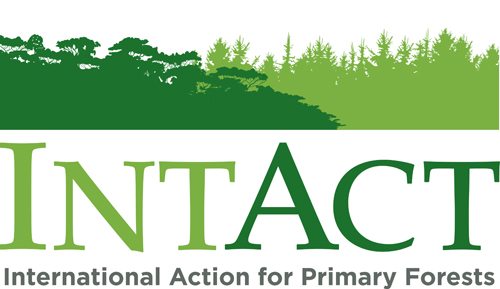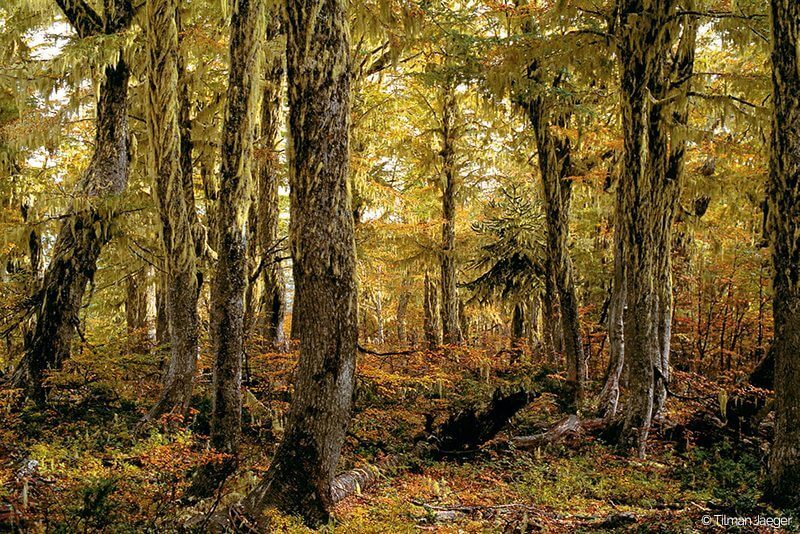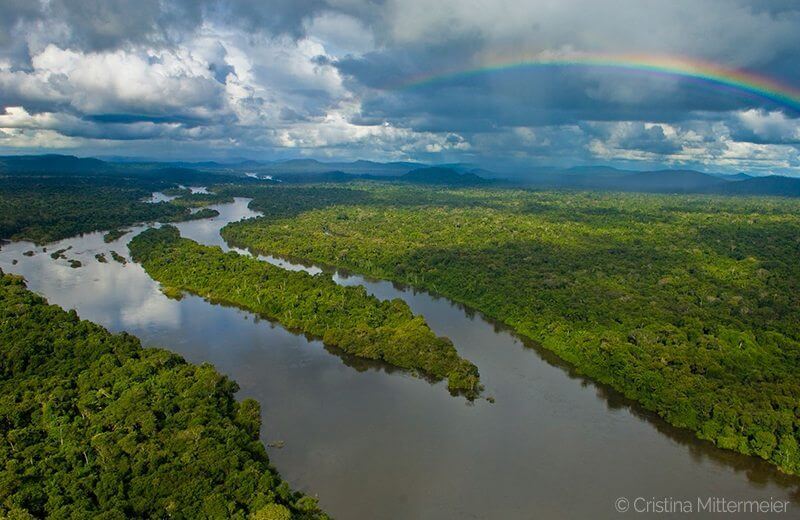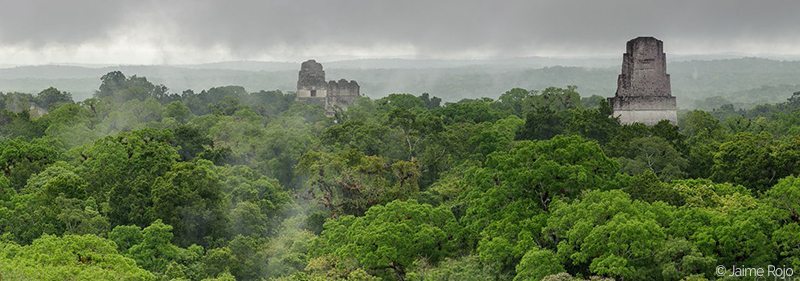Primary forests – often to referred to as “old growth” forests – are critical to nature conservation efforts – and to human wellbeing worldwide. They have the highest biodiversity, they produce the highest quality freshwater, serve as watersheds to many of the world’s biggest cities and help drive precipitation across continents, they are the homelands of Indigenous peoples, they often have the highest levels of cultural and linguistic diversity and they provide livelihoods for hundreds of millions of people. And if that isn’t enough, they store massive amounts of carbon.
In fact, making a rapid and cost-effective transition off of fossil fuels and ensuring a climate-safe future may not be possible unless we protect our remaining primary forests and also allow cleared or degraded forests to regenerate. Forests – and primary forests – are essential to avoid dangerous climate change. And a safe climate is essential for food and water supply on an increasingly crowded planet.
And yet, despite the fundamental importance of primary forests to people everywhere, we have lost a third of the planet’s pre-agricultural forest cover, and of the forest we have left, less than a third qualifies as primary forest. If you look at the tropics in particular, the situation is even worse: half of our tropical forests are gone and only a quarter qualify as primary!
And we are continuing to clear or degrade millions of hectares of primary forest every year. Since 2000 we have lost or degraded 7.2% of the world’s Intact Forest Landscapes (forest landscapes over 50,000 hectares/123,500 acres), totaling about 90 million hectares (about 222 million acres) (Potapov et al. 2017). Another recent study found that the world’s tropical forests are now found in 50 million fragments – with 50 million kilometers of forest edge (Brinck et al. 2017). The main driver of deforestation is agriculture – cattle ranching or crops such as soy or oil palm. Degradation is caused by many different activities, though industrial logging is the main driver of degradation globally.
 In response to this growing crisis – which affects every single person on the planet, but hits the world’s poor earliest and hardest – WILD and a number of partners launched IntAct: International Action for Primary Forests. IntAct is platform for the proposition that the planet’s fast disappearing primary forests should remain free of industrial activity. See our statement of principles and see who else has signed on. IntAct does not take policy positions beyond its statement of principles – but signing on helps build a crucial consensus that it is urgent to protect Earth’s last remaining areas of primary forest!
In response to this growing crisis – which affects every single person on the planet, but hits the world’s poor earliest and hardest – WILD and a number of partners launched IntAct: International Action for Primary Forests. IntAct is platform for the proposition that the planet’s fast disappearing primary forests should remain free of industrial activity. See our statement of principles and see who else has signed on. IntAct does not take policy positions beyond its statement of principles – but signing on helps build a crucial consensus that it is urgent to protect Earth’s last remaining areas of primary forest!
Please join us: sign on to IntAct! You can also send your organization’s logo to Cyril Kormos, WILD’s Vice President of Policy: cyril@wild.org).




“Destroying rain forests for economic gain is like burning a Renaissance painting to cook a meal.”
– Edward Wilson